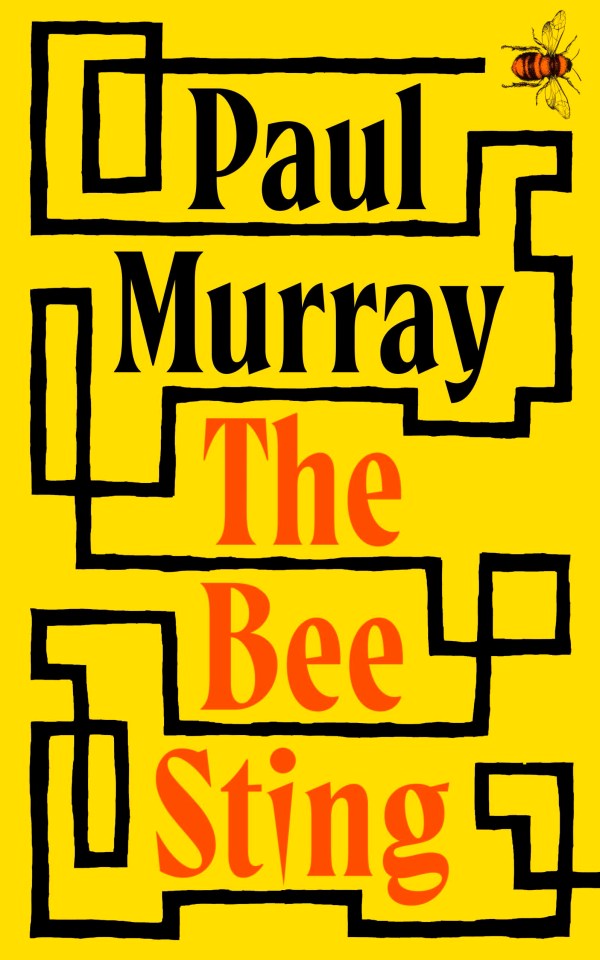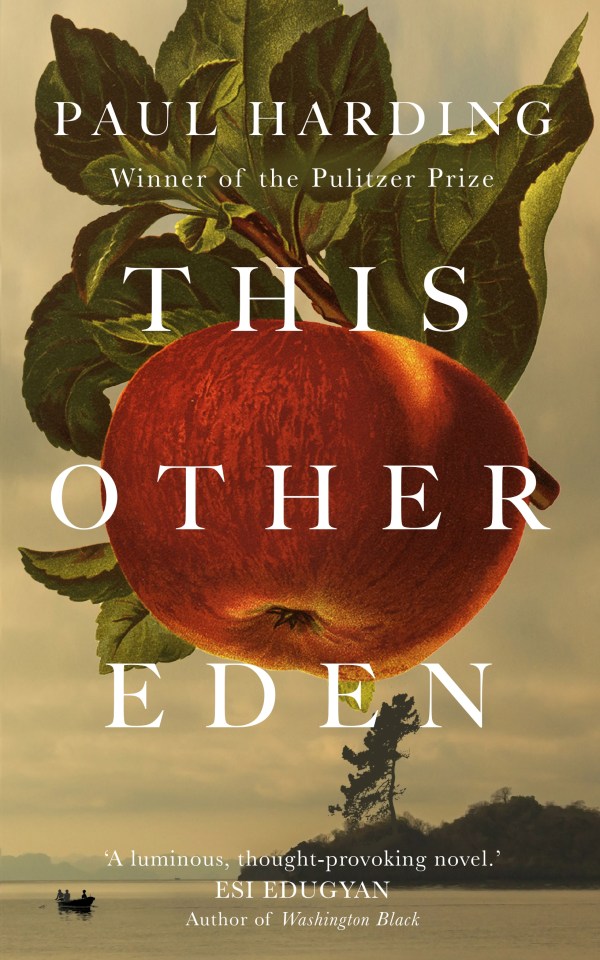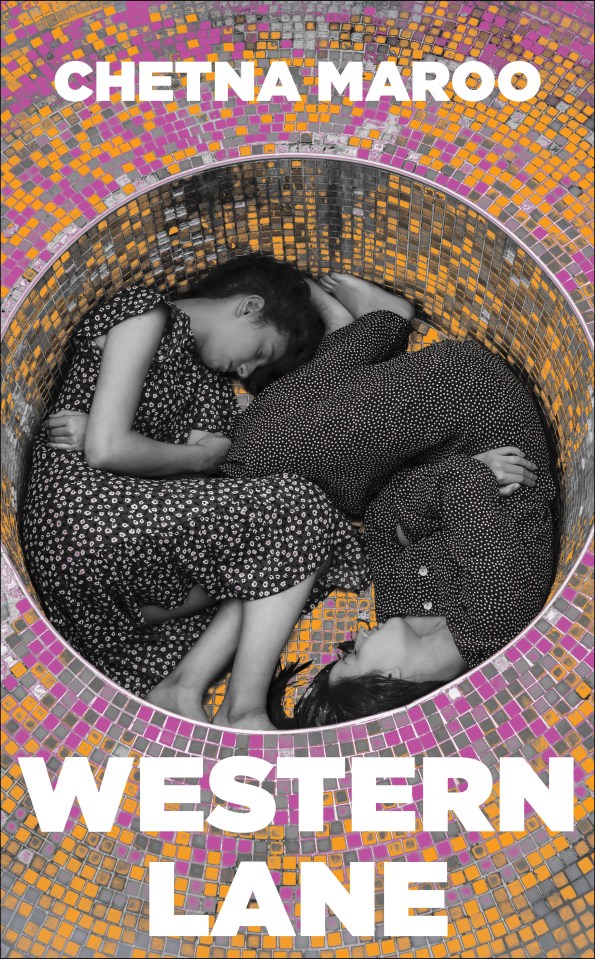Paul Lynch’s Prophet Song wins 2023 Booker Prize – but what about the rest?
Paul Lynch was last night crowned this year’s Booker Prize winner for his fifth novel Prophet Song, a dystopia set in an imagined Ireland slipping further into authoritarian rule, becoming the fifth Irish writer to win the prize since its inception in 1969.
The prize was awarded at a ceremony at Old Billingsgate, where Nazanin Zaghari-Ratcliffe, who was released from prison in Tehran last year, delivered a keynote speech describing how books had helped save her life while in solitary confinement.
Chair of this year’s judging panel Esi Edugyan described Lynch’s winning novel as “soul-shattering and true” and said it captured the “social and political anxieties of our current moment” – words not lost with the prize short in the wake of far-right riots that have shaken Dublin.
But Edugyan also admitted the decision had not been unanimous. So what came in close?
The Bee Sting by Paul Murray
To be honest, the Booker for me was a battle of the Pauls. And while Lynch was a worthy winner, there is something about Murray’s tragicomedy The Bee Sting which for me set it just ahead. If you prefer character-driven novels, this is definitely the one for you.
On the face of it, The Bee Sting is not a groundbreaking novel: it takes a seemingly typical nuclear family and exposes its fragile foundations. But the manner in which it does so is startling.
The book’s true triumph is its engagement with perspective. Each chapter of the novel takes you deeper into the inner world of one of the members of the Barnes family, an Irish well-to-do household who have fallen onto hard times. Just as you think you’ve got hold of the story, Murray laughs.
The Bee Sting, like almost all good novels, when stripped back is ultimately a story about storytelling; the dangers of the stories we tell ourselves, of losing perspective, of scrabbling around in the dark.
“Maybe every era has an atrocity woven into its fabric. Maybe every society is complicit in terrible things and only afterwards gets around to pretending they didn’t know.”
The Bee Sting by Paul Murray
With a Shakespearean climax, this is a book that demands not just to be read, but to be reread and reread. Over 600 pages, and it earns every one of them.
This Other Eden by Paul Harding
Another Paul (though American this time) and another near-winner, This Other Eden was my third pick.
Inspired by real events, Harding’s novel is also told through a range of perspectives which, much like the novel itself, seem to mix fact and fiction. Based on the events of Malaga Island, This Other Eden follows the interracial community inhabiting Apple Island, whose lives are disrupted by the arrival of those from the mainland, who quickly evict the island’s centuries-old residents, sell of the land and even dig up their graves.
Painting is a major theme in this book, with much of the novel centred on Ethan, a young boy who inhabits the island and has an eye for art. His focus on colour, how it changes in the light, how it changes based on context, how it changes based on the beholder, is a powerful exploration of prejudice. The book, which is lyrical and emotive when focused on the telling of events, is frequently interjected with snippets that read as museum exhibit signs, a powerful demonstration of the way tragedies even if remembered, are cruelly sanitised.
“Ethan leaned closer and closer to the painting, trying to see how it was possible, to see how the painter had turned a handful of plants into an emblem for the whole world.”
This Other Eden by Paul Harding
Harding describes his writing process as eclectic, with his collecting sentences and scribbling his novels across post-it notes, which he somehow weaves together. In This Other Eden he switches with ease between the macro and micro in a way that sends you from Noah’s Arc to a raft off Maine.
Harding won the 2019 Pulitzer Prize for his debut novel Tinkers, so he can probably rest easy with not cinching the deal this time.
Western Lane by Chetna Maroo
A novel about squash, Maroo’s Western Lane does not strike one as usual Booker fodder. But, of course, like all novels about sport or music or painting or anything, it is really much more about something else. In the case of Western Lane, that something is family and grief.
Following the life of 11-year-old Gopi, Western Lane places you at the centre of a family which has lost its mother. Squash, previously a hobby of the three sisters, quickly becomes a lifeline for Gopi, whose father enlists her in a quiet but regimental training regime.
Western Lane is not a showy novel, and compared to many of the others on this list its scope is very small, its setting really only moving between kitchens and squash courts. It is not overly lyrical, yet it has its own quiet power. Indeed, its best success is perhaps its ability to portray all that is said in silence; this book makes legible the unsaid understandings between fathers and daughters, between sisters and sisters.
Building up to a final tournament, Western Lane follows a cinematic arc, but firmly roots itself in the written word. It is a debut from Maroo, and a wonderful one at it. I place it at number four.
If I Survive You by Jonathan Escoferry
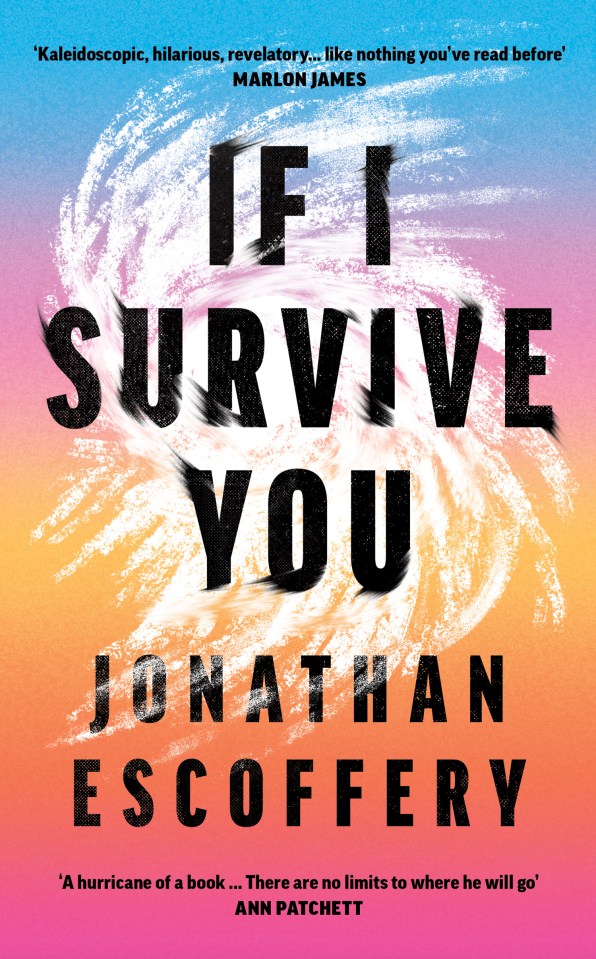
If I Survive You is a novel that plays with being a novel. Another debut, Escoferry writes this book as a series of interlinked short stories, though never at risk of the form. Set mostly in Miami, If I Survive You focuses on Trelawny, a second-generation Jamaican immigrant in the US who is struggling to navigate his identity.
Like many of the novels on this list, If I Survive You is also concerned with perspective. Taking each member of this dysfunctional family, Escoferry gives you a turn in all of their shoes but, unlike The Bee Sting, some of these turns feel rushed, limiting their power.
Contrarily, unlike many of the novels on this list, If I Survive You is funny, but in a deeply troubling, disturbing way. If you like twisted humour, this is one for you.
“He’s never seen men so content as when they have to abandon the menial tasks put on them by their nine-to-fives to come home and board up their houses, to leave what does not matter to protect what does.”
If I Survive You by Jonathan Escoferry
Study for Obedience by Sarah Bernstein
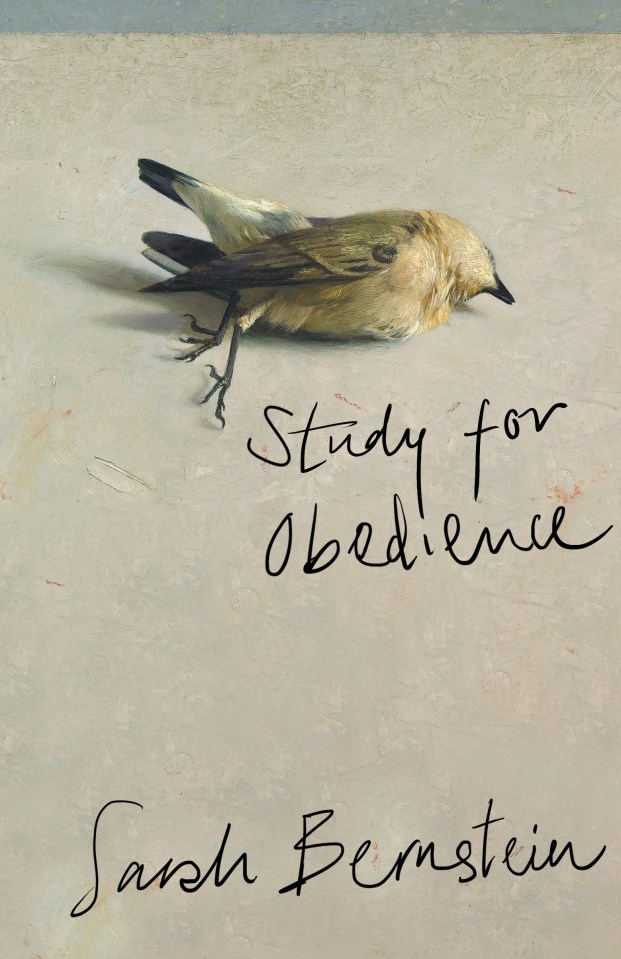
Study for Obedience by Sarah Bernstein is the type of novel that makes sense to belong on a Booker Prize shortlist, and for that I doff my cap.
Bernstein’s novel follows an unnamed protagonist who moves to an unnamed rural village to look after her unnamed brother. You get the gist, anonymity is this book’s thing. That could be powerful, but sadly for me I found this novel so ungenerous to its readers that I was left grasping for any details to navigate this barren tale. A potato blight, a dog with a phantom pregnancy and the narrator’s decision to impose a rigorous dry brushing regime on her brother (oh yeah it’s that kind of weird) are the main plot points.
The prose, like the setting, is sparse, though it gathers some pace towards the end which has a semi-satisfying ‘aha’ moment.
Sadly, I found this rather gruelling to get through (granted this was the last on my Booker readathon); I am left to conclude I am a philistine, but a happy one.
“What was it all for, when in the final analysis one was never meant to survive? What was left? And was it enough to carry on? But we begin to weary of this line, do we not? Because here, after all, we are.”
Study for Obedience by Sarah Bernstein

